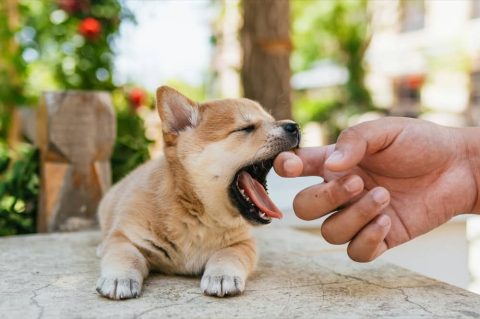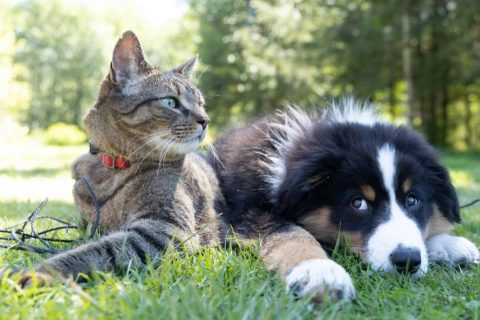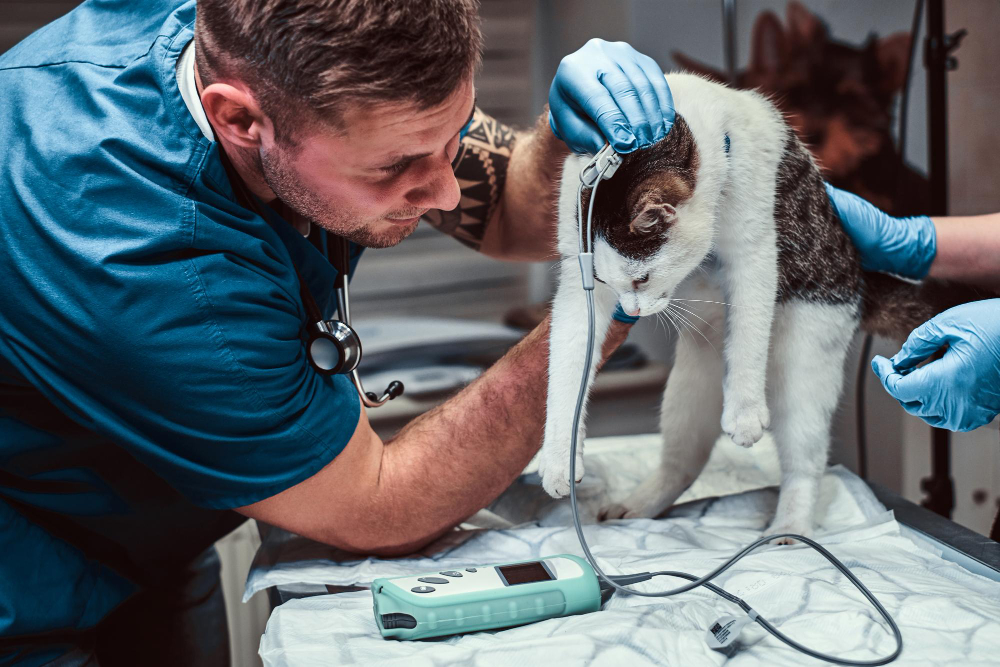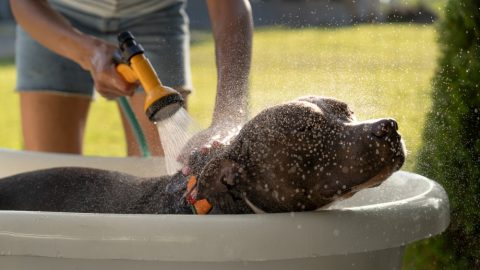Pets can sometimes get involved in fights, leaving them with injuries that might look minor but could be serious beneath the surface. Knowing exactly how to handle these situations swiftly and correctly can make all the difference for your beloved companion.
Contents
- Understanding Why Pets Fight
- Immediate Steps to Take After a Fight
- Providing Immediate First Aid
- When to Visit Urgent Pet Care
- Importance of Pet Wellness Exams After a Fight
- Affordable Care Options: Low Income Pet Clinics
- Home Again Pet Recovery: Ensuring a Smooth Healing Process
- Managing Stress and Anxiety After a Fight
- Essential Pet First Aid Kit
- Preventing Future Fights
- Can Pets Experience Emotional Trauma?
- Final Thoughts
Understanding Why Pets Fight
Animals typically engage in fights for a variety of reasons, including territorial disputes, resource guarding (like food or toys), stress, or fear. Preventing fights involves proactive care, like ensuring a pest-free environment with pet-friendly pest control, which can help eliminate stress triggers from fleas or ticks.
Immediate Steps to Take After a Fight
Separate the Pets Safely
Never directly intervene with your hands, as pets can unintentionally bite or scratch you during their heightened emotional state. Instead, create loud noises or gently spray water to safely distract and separate them.
Assess Your Pet for Injuries
Once separated, calmly assess your pet’s condition. Pets often hide their pain instinctively, so look for:
- Bleeding or puncture wounds
- Limping or difficulty moving
- Signs of shock, such as trembling or lethargy
Providing Immediate First Aid
Cleaning the Wounds
Gently clean minor wounds with mild antiseptic solution and water. Avoid harsh products like alcohol or peroxide, which can irritate tissues.
Controlling Bleeding
If there’s active bleeding, apply firm but gentle pressure with clean gauze or cloth until bleeding stops. Avoid tourniquets, as improper use can cause further harm.
Common Types of Pet Fight Injuries and Treatments
- Bite Wounds: Typically deep punctures prone to infection. Flush thoroughly and apply antiseptic; seek veterinary care immediately.
- Scratches and Abrasions: Clean carefully with antiseptic solution and cover with sterile dressing if necessary.
- Fractures and Sprains: Immobilize the limb gently using a towel or blanket as a temporary splint and immediately transport your pet to urgent pet care for professional treatment.
When to Visit Urgent Pet Care
If your pet shows any of the following symptoms, immediate professional care is necessary:
- Deep puncture wounds
- Continuous bleeding
- Difficulty breathing
- Lethargy or disorientation
Services like urgent pet care Omaha facilities provide crucial emergency care that could save your pet’s life, especially if regular clinics aren’t immediately available.
Importance of Pet Wellness Exams After a Fight
After initial emergency treatment, schedule comprehensive pet wellness exams with your veterinarian. This thorough evaluation ensures all injuries, even hidden ones, are identified and treated. The vet might perform additional tests like X-rays or ultrasounds to detect internal injuries.
Affordable Care Options: Low Income Pet Clinics
Financial constraints shouldn’t prevent your pet from receiving necessary medical care. If you’re concerned about expenses, low income pet clinics provide affordable veterinary services without compromising quality care. These clinics often operate through non-profits or local community support.
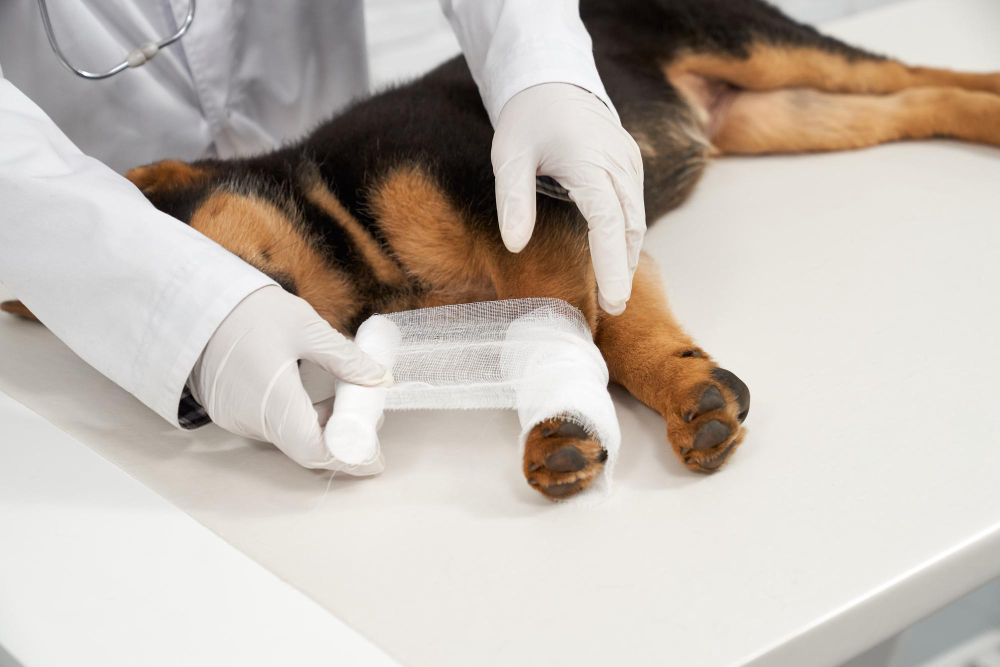
Home Again Pet Recovery: Ensuring a Smooth Healing Process
After your pet has been treated, providing a comfortable and stress-free environment at home is crucial. Ensure your pet has a quiet resting area away from other animals or disturbances. Monitor their behavior closely for signs of discomfort or complications, and follow your veterinarian’s instructions carefully for medication, diet, and wound care.
Managing Stress and Anxiety After a Fight
Pets often experience stress or anxiety after a fight. To help them cope:
- Maintain a calm, reassuring presence to soothe their nerves.
- Gradually reintroduce them to routine activities, being careful not to overstimulate or rush the process.
- Provide comfortable bedding and a quiet place to rest.
- If signs of anxiety persist, consult your veterinarian about behavioral support or medications.
Essential Pet First Aid Kit
Every pet owner should have an emergency first aid kit at home, including:
- Gauze pads and sterile bandages
- Antiseptic solution
- Pet-safe antibiotic ointment
- Tweezers and scissors
- Disposable gloves
- Emergency veterinary contact information
Preventing Future Fights
Preventative measures are crucial in reducing future conflicts:
- Spay or neuter pets to lower aggressive tendencies.
- Provide individual food bowls and toys to minimize competition.
- Regularly inspect your home environment for stress triggers, such as pests, and use pet-friendly pest control methods.
- Gradually introduce new pets to your household to minimize territorial disputes.
- Socialize pets early to improve their interaction skills and tolerance toward other animals.
Can Pets Experience Emotional Trauma?
Pets, much like humans, can suffer emotional trauma following a fight. Signs of trauma may include anxiety, withdrawal, or unusual aggression. If these symptoms persist, consider consulting a behavioral specialist who can assist in rehabilitating your pet’s emotional well-being.
Final Thoughts
Quick, calm action after your pet experiences a fight-related injury can greatly influence their recovery. Being prepared, knowing your immediate steps, and understanding available resources like urgent care centers and affordable veterinary services can ensure your pet gets the best possible care and returns to their happy, healthy self quickly.



